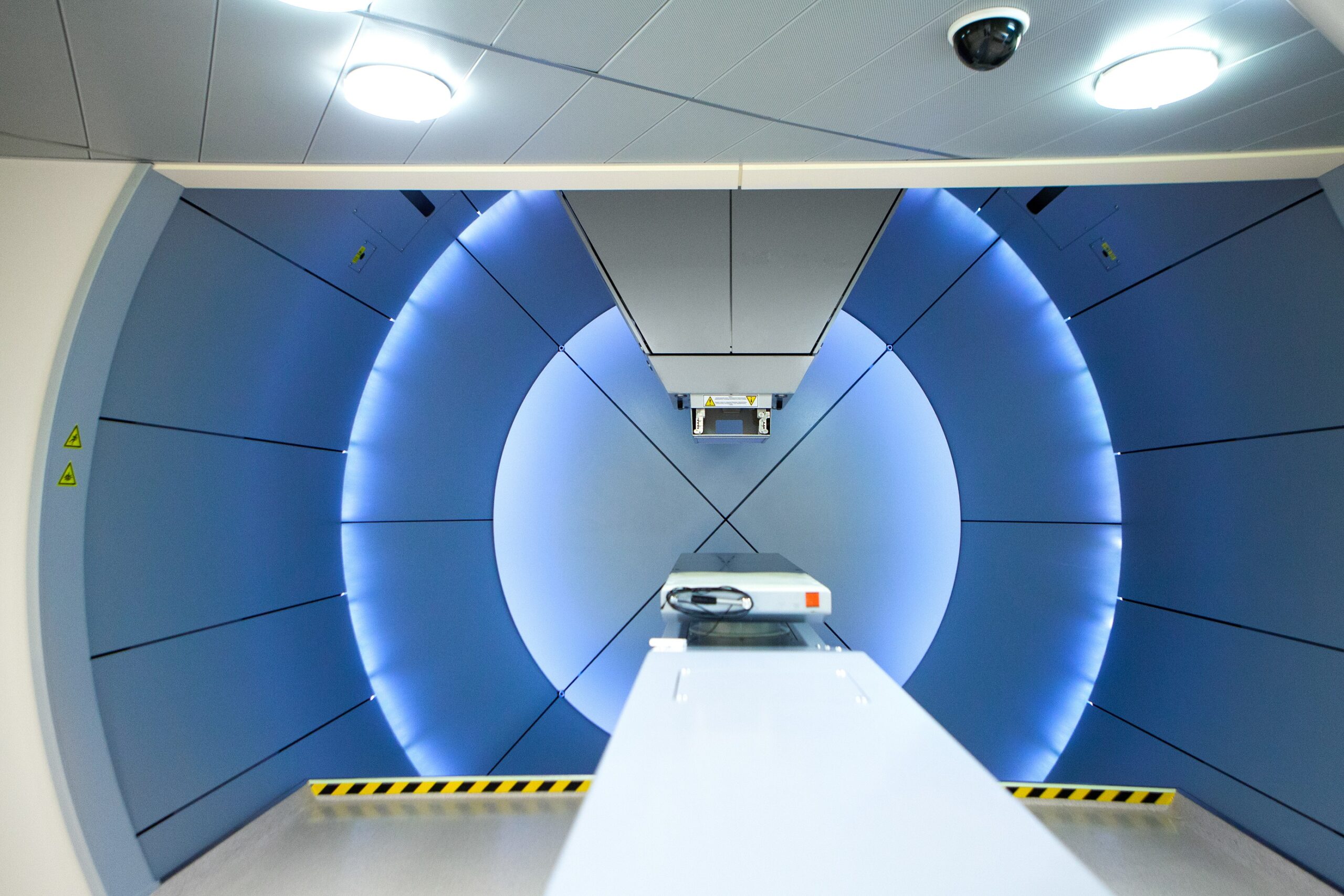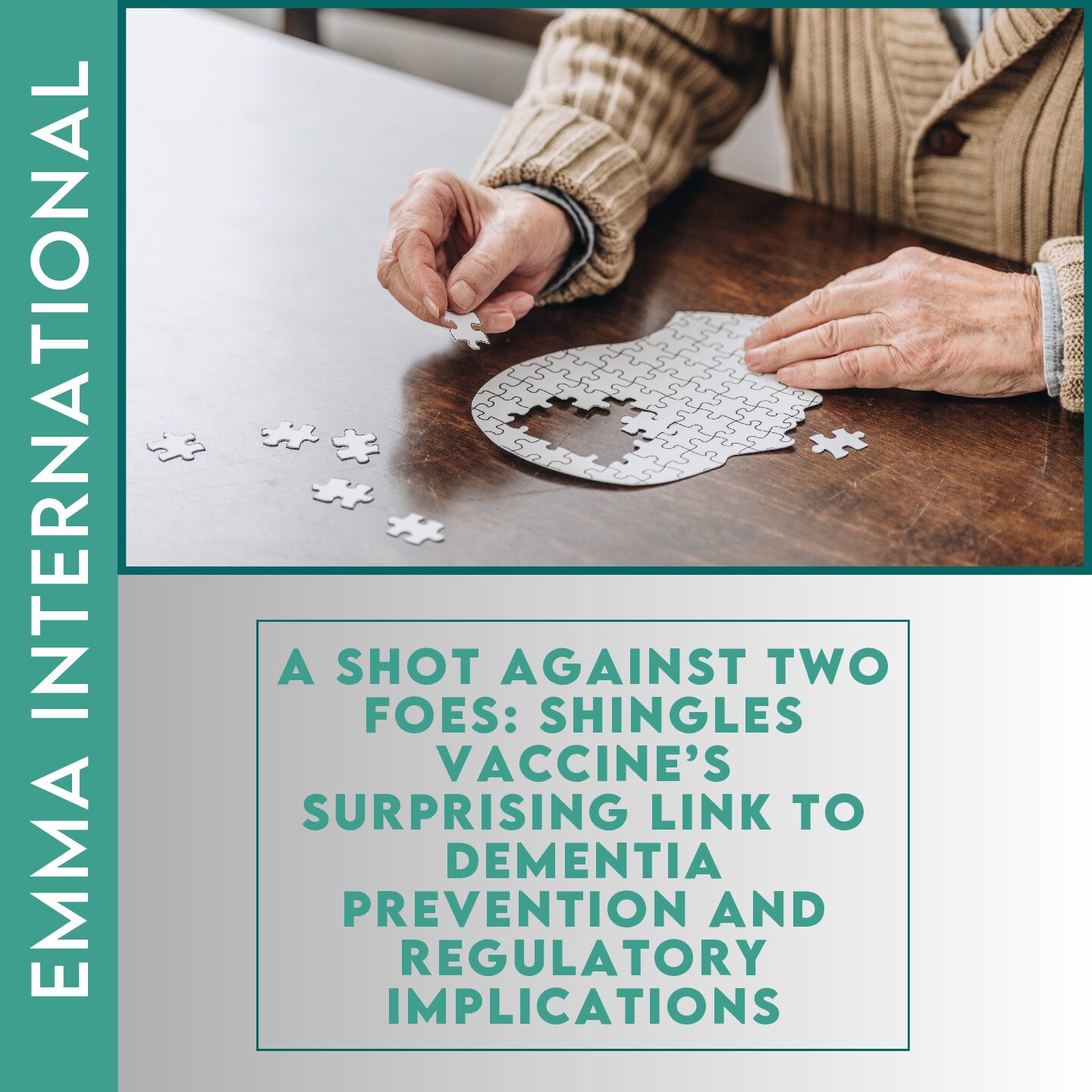The use of lasers spans diverse fields, from medical and aesthetic treatments to industrial applications, making their regulation essential for safety and quality assurance. In the United States, the FDA is responsible for regulating laser products to protect public health. In this blog we’ll discuss the FDA’s role in laser regulation, the key standards and classifications involved, and what manufacturers and users need to know.
The FDA regulates lasers under the Federal Food, Drug, and Cosmetic Act (FD&C Act) and the Radiation Control for Health and Safety Act. This mandate requires the FDA’s Center for Devices and Radiological Health (CDRH) to oversee laser products that emit radiation within the electromagnetic spectrum, ensuring that manufacturers meet essential safety and performance standards. Laser products are regulated not only to mitigate health risks associated with exposure but also to provide clear information on their intended use and potential hazards.
The FDA classifies lasers according to their potential to cause biological damage, primarily to the eyes and skin. These classifications, based on the laser’s power and wavelength, help users understand the safety requirements associated with each type. Lasers are grouped into four major classes:
- Class I: These are low-power lasers considered safe under normal operating conditions. They include laser devices like barcode scanners commonly used in retail.
- Class II: Class II lasers are also low power but can cause harm if directly viewed for extended periods. These lasers are generally used in laser pointers and certain alignment tools.
- Class III: Class III lasers are more powerful, requiring stricter handling precautions. They are divided into Class IIIa and IIIb, with Class IIIb lasers capable of causing severe eye damage and needing restricted access.
- Class IV: These are high-power lasers capable of causing immediate harm to both eyes and skin, even through indirect exposure. Class IV lasers are often used in industrial settings, medical treatments, and military applications.
The FDA aligns its classification system with international standards (IEC 60825-1), allowing for consistency in how lasers are identified and regulated globally. By adhering to these standards, the FDA ensures that laser products sold in the US meet both domestic and international safety guidelines.
Laser product manufacturers must adhere to several requirements to ensure their products are safe and meet FDA regulations:
Product Registration and Reporting: Manufacturers must register their establishment with the FDA and list each laser product. Additionally, they must submit a Laser Product Report (LPR) providing details about the product’s design, safety features, and compliance with FDA standards.
Labeling and Warnings: Clear labeling is mandatory on laser products, including information on the laser class, warnings about potential hazards, and instructions for safe use. The label must also specify the power output and wavelength of the laser beam.
Annual Reporting: Manufacturers are required to submit annual reports detailing their compliance with FDA regulations and any changes made to existing laser products.
Performance Standards: The FDA requires that laser products meet specific performance standards designed to limit radiation exposure, prevent accidental activation, and reduce the risk of injury.
The FDA actively enforces laser regulations through inspections, audits, and recalls to ensure ongoing compliance. For example, if the FDA finds a laser device to be non-compliant or misbranded, they can issue a warning letter or require corrective actions from the manufacturer. In cases where laser products pose a significant risk, the FDA has the authority to initiate a recall, protecting consumers from potential harm.
For imported lasers, the FDA collaborates with the U.S. Customs and Border Protection to verify compliance before products enter the U.S. market. Non-compliant imported lasers can be detained and rejected, ensuring that only products meeting U.S. safety standards reach consumers.
Medical and cosmetic lasers, such as those used in surgical procedures, laser hair removal, and skin resurfacing, face additional regulatory requirements. Because these lasers have direct effects on human tissue, they must undergo a more rigorous premarket review process, depending on their intended use and class.
The FDA’s regulation of lasers plays a crucial role in mitigating the risks associated with laser use. By enforcing compliance standards and ensuring manufacturers uphold safety guidelines, the FDA helps prevent injuries and protect consumers. For professionals working with lasers, understanding these regulations can aid in making informed decisions about laser products, implementing safe practices, and ensuring patient and user safety.
Whether it’s a high-power industrial laser or a medical laser device, the FDA’s comprehensive regulatory framework ensures that lasers are manufactured and used safely across various industries. EMMA International can help manufacturers and businesses navigate FDA laser regulations by providing expert guidance on compliance, supporting the submission of Laser Product Reports, and ensuring adherence to safety and performance standards to bring laser products successfully to market. Ready to learn more? Call us at 248-987-4497 or email info@emmainternational.com.
FDA (Dec 2023) Laser Products and Instruments retrieved from: https://www.fda.gov/radiation-emitting-products/home-business-and-entertainment-products/laser-products-and-instruments





